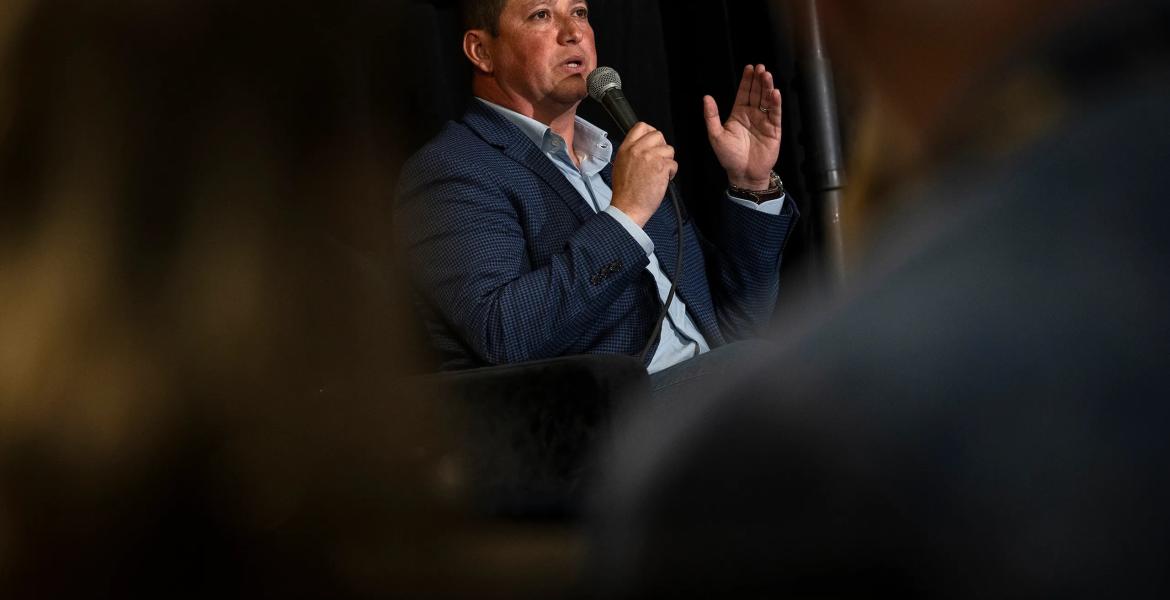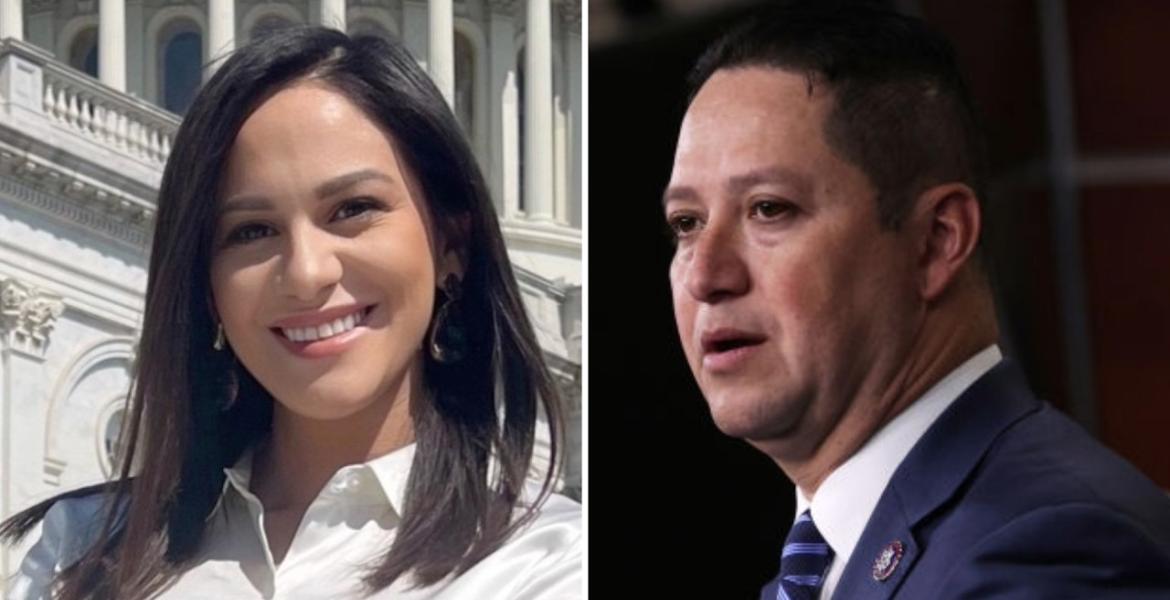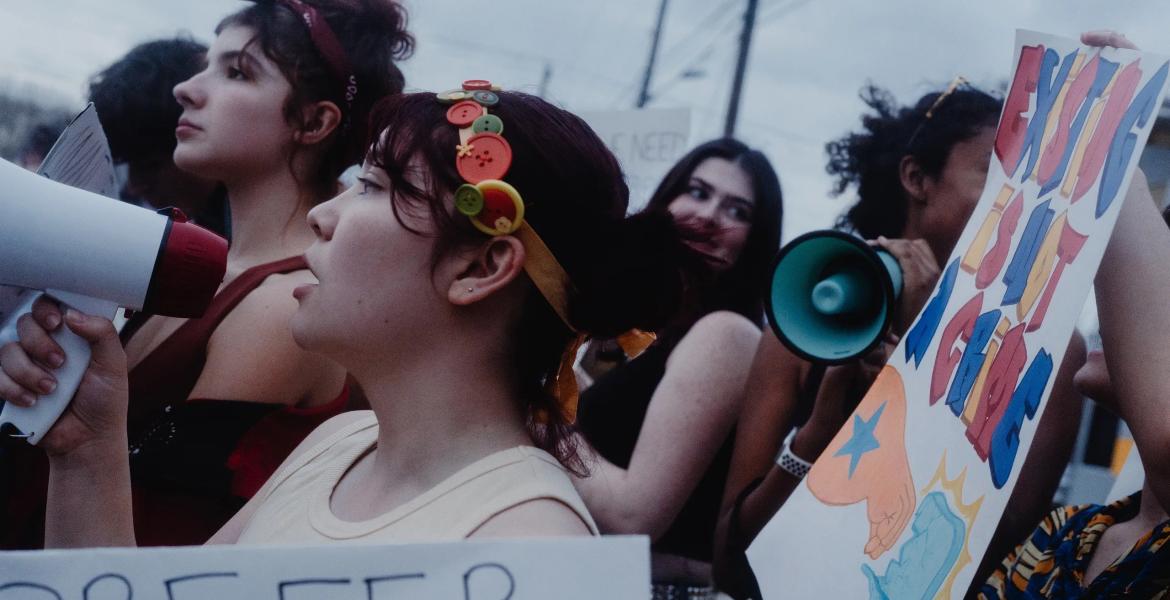Supreme Court Justice Antonin Scalia was found dead on a ranch about 35 miles south of Marfa, the Associated Press reported Saturday afternoon.
According to the report, Scalia was vacationing with friends and associates at the Cibolo Creek Resort off U.S. 67 in the Big Bend area of Texas. When he did not appear at breakfast, someone went to check on him and found him dead.
There is no foul play suspected, the report said.
The location:
Governor Greg Abbott issued a statement on Scalia’s death.
"Justice Antonin Scalia was a man of God, a patriot, and an unwavering defender of the written Constitution and the Rule of Law. He was the solid rock who turned away so many attempts to depart from and distort the Constitution. His fierce loyalty to the Constitution set an unmatched example, not just for judges and lawyers, but for all Americans. We mourn his passing, and we pray that his successor on the Supreme Court will take his place as a champion for the written Constitution and the Rule of Law. Cecilia and I extend our deepest condolences to his family, and we will keep them in our thoughts and prayers,” Abbott said in a statement.
Scalia was appointed to the U.S. Supreme Court by President Ronald Reagan in 1986.
Scalia was 79.
Update 4:45 p.m.
Presidential candidate Donald Trump tweeted, "The totally unexpected loss of Supreme Court Justice Antonin Scalia is a massive setback for the Conservative movement and our COUNTRY!"
VOX reports that Scalia's conservative voice will be missing from the most important abortion case the USSC will hear in years about the Texas anti-abortion law.
USA Today reports on Scalia's legacy.
Texas Monthly reported on the history of the Cibolo Creek Ranch in Feb. 2006.
Update 5 p.m.
CNN reports that "A government official said Scalia went to bed Friday night and told friends he wasn't feeling well. Saturday morning, he didn't get up for breakfast. And the group he was with for a hunting trip left without him." (source)
Presidential candidate Ted Cruz issued a statement suggesting a fight to prevent President Obama from appointing the next justice. "Justice Scalia was an American hero. We owe it to him, & the Nation, for the Senate to ensure that the next President names his replacement." via Twitter.
Presidential candidate Marco Rubio said in a statement that "the next president must nominate a justice who will continue Justice Scalia's unwavering belief in the founding principles that we hold dear." He tweeted, "Jeanette & I mourn the loss of Justice Scalia, and our thoughts & prayers are with his wife Maureen & his family. " with a longer statement attached via Twitter.
Update 5:45 p.m.
Senate Majority Leader Mitch McConnell, a Republican, said that the U.S. Senate will wait until the next president takes office before confirming Scalia's replacement. The Washington Times has the story. Democrats are demanding that President Obama appoint, and the Senate vote to confirm, the replacement. The court with Scalia was stacked 5-4 to favor conservatives.
Picture: Supreme Court Associate Justice Antonin Scalia testifies before the House Judiciary Committee's Commercial and Administrative Law Subcommittee on Capitol Hill May 20, 2010 in Washington, DC. Scalia and fellow Associate Justice Stephen Breyer testified to the subcommittee about the Administrative Conference of the United States. (Wikipedia)
Subscribe to the LIVE! Daily
Required






Comments
Listed By: Forrest Gump
The Republicans vow to continue obstructing President Obama just as they have from the day that he first took the oath of office. The party of no continues on their path of self destruction. From what I have learned since the unforeseen passing of Justice Scalia leaving a vacancy in the Supreme Court for what will more than likely be more than a year is not only unprecedented but not in the best interests of the country.
There are several high profile cases that will more than likely end up tied 4-4 which is not in the best interests of our country irregardless of which side you are on in the political spectrum. This will leave the court virtually ineffective during this time period.
- Log in or register to post comments
PermalinkListed By: Forrest Gump
"In the wake of the death of Justice Antonin Scalia, questions have arisen about whether there is a standard practice of not nominating and confirming Supreme Court Justices during a presidential election year. The historical record does not reveal any instances since at least 1900 of the president failing to nominate and/or the Senate failing to confirm a nominee in a presidential election year because of the impending election. In that period, there were several nominations and confirmations of Justices during presidential election years.
The first nomination during an election year in the twentieth century came on March 13, 1912, when President William Taft (a Republican) nominated Mahlon Pitney to succeed John Marshall Harlan, who died on October 14, 1911. The Republican-controlled Senate confirmed Pitney on March 18, 1912, by a vote of fifty to twenty-six.
President Woodrow Wilson (a Democrat) made two nominations during 1916. On January 28, 1916, Wilson nominated Louis Brandeis to replace Joseph Lamar Rucker, who died on January 2, 1916; the Democratic-controlled Senate confirmed Brandeis on June 1, 1916, by a vote of forty-seven to twenty-two. Charles Evans Hughes resigned from the Court on June 10, 1916 to run (unsuccessfully) for president as a Republican. On July 14, 1916, Wilson nominated John Clarke to replace him; Clark was confirmed unanimously ten days later.
On February 15, 1932, President Herbert Hoover (a Republican) nominated Benjamin Cardozo to succeed Oliver Wendell Holmes, who retired on January 12, 1932. A Republican-controlled Senate confirmed Cardozo by a unanimous voice vote on February 24, 1932.
On January 4, 1940, President Franklin Roosevelt (a Democrat) nominated Frank Murphy to replace Pierce Butler, who died on November 16, 1939; Murphy was confirmed by a heavily Democratic Senate on January 16, 1940, by a voice vote.
On November 30, 1987, President Ronald Reagan (a Republican) nominated Justice Anthony Kennedy to fill the vacancy created by the retirement of Louis Powell. A Democratic-controlled Senate confirmed Kennedy (who followed Robert Bork and Douglas Ginsburg as nominees for that slot) on February 3, 1988, by a vote of ninety-seven to zero.
In two instances in the twentieth century, presidents were not able to nominate and confirm a successor during an election year. But neither reflects a practice of leaving a seat open on the Supreme Court until after the election.
On September 7, 1956, Sherman Minton announced his intent to retire in a letter to President Dwight D. Eisenhower, and he served until October 15, 1956. With the Senate already adjourned, Eisenhower made a recess appointment of William J. Brennan to the Court shortly thereafter; Brennan was formally nominated to the Court and confirmed in 1957. The fact that Eisenhower put Brennan on the Court is inconsistent with any tradition of leaving a seat vacant.
And in 1968, President Lyndon B. Johnson nominated Abe Fortas, who was already sitting as an Associate Justice, to succeed Chief Justice Earl Warren, but Republicans filibustered the Fortas nomination – principally in reaction to the Warren Court’s liberalism and ethical questions about Fortas, although objections were certainly also made that it was inappropriate to fill the seat in an election year. That filibuster prompted Homer Thornberry, whom Johnson nominated to succeed Fortas as an Associate Justice, to withdraw his name from consideration in October 1968, because there was no vacancy to fill. Moreover, the failure to confirm Fortas as the Chief Justice did not leave the Court short a Justice, because Chief Justice Earl Warren remained on the bench."
Amy Howe, Supreme Court vacancies in presidential election years, SCOTUSblog (Feb. 13, 2016, 11:55 PM)
http://www.scotusblog.com/2016/02/supreme-court-vacancies-in-presidential-election-years/
- Log in or register to post comments
PermalinkPost a comment to this article here: